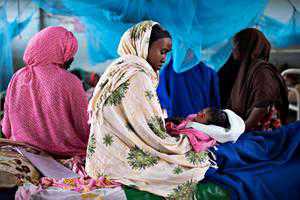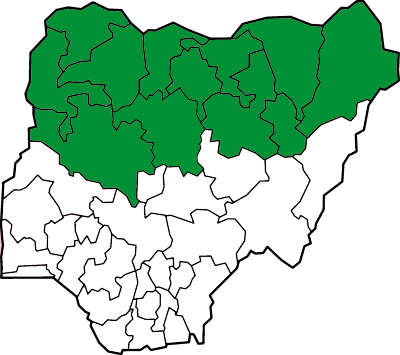MOGADISHU, Ramadan 21/August 21 (IINA)-Parents are frequently naming their newborn girls “Istanbul” in sign of gratitude for Turkey’s active support to resolve the humanitarian crisis in Somalia.
 “Now,”Istanbul” is the most popular name in this African country,” the Turkish Prime Minister Recep Tayyip Erdogan said at a special meeting of the Organization of Islamic Cooperation (OIC) recently held in Istanbul.
“Now,”Istanbul” is the most popular name in this African country,” the Turkish Prime Minister Recep Tayyip Erdogan said at a special meeting of the Organization of Islamic Cooperation (OIC) recently held in Istanbul.
The OIC members decided in Istanbul to provide $350 million in humanitarian assistance to Somalia, one of the poorest Muslim countries in Africa.
Turkey made the biggest contribution. The country plans to collect about $200 million by the end of the Muslim month of Ramadan.
A special meeting of the OIC was held in Istanbul under Kazakh Foreign Minister Yerzhan Kazykhanov’s chairmanship, who is also head of the Organization’s Foreign Ministers Council.
A common relief fund of the Organization of Islamic Cooperation (OIC) member countries will be established with Kazakhstan’s initiative to help the Somalian people on the edge of a food crisis.
The Organization of Islamic Cooperation (OIC) is a successor of the Organization of the Islamic Conference, established in 1969. It is the second largest international organization after the United Nations and the only regional association designed to represent the universal interests of the Islamic world in the international arena. OIC members include 57 countries in Asia, Africa, Europe, and South America, with a population of about 1.6 billion people.
The Organization of the Islamic Conference (OIC) has been renamed the Organization of Islamic Cooperation (OIC) during the 38th Session of the OIC Council of Foreign Ministers.
AH/IINA
via Somalia/Turkey: “Istanbul” becomes most popular name for newborn girls in Somalia.





